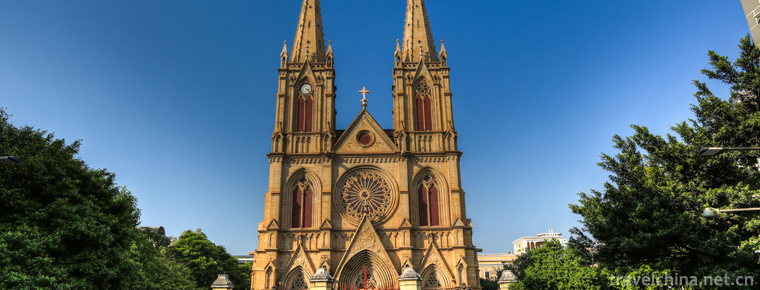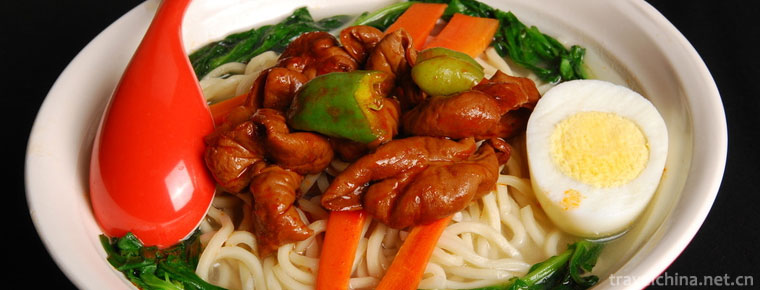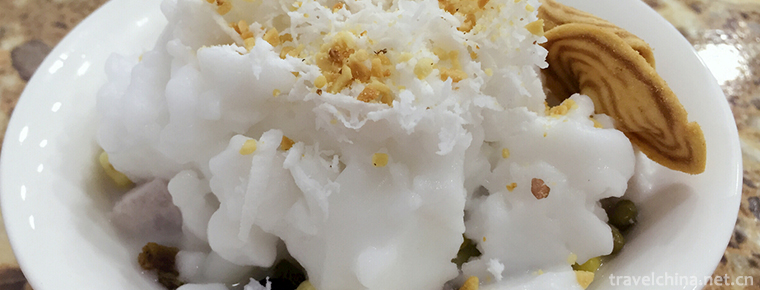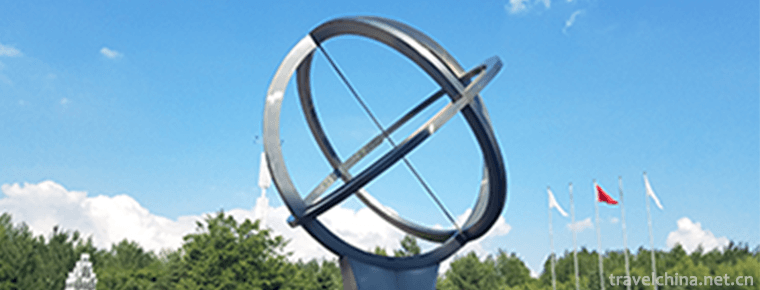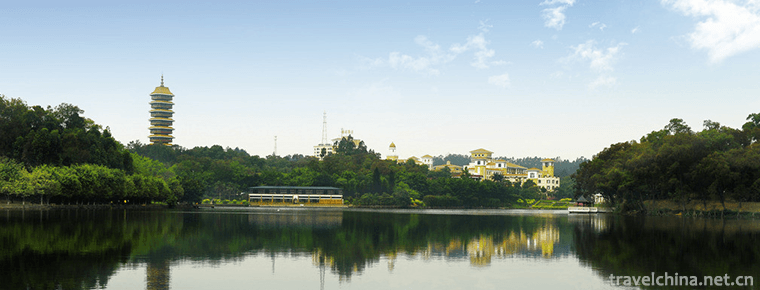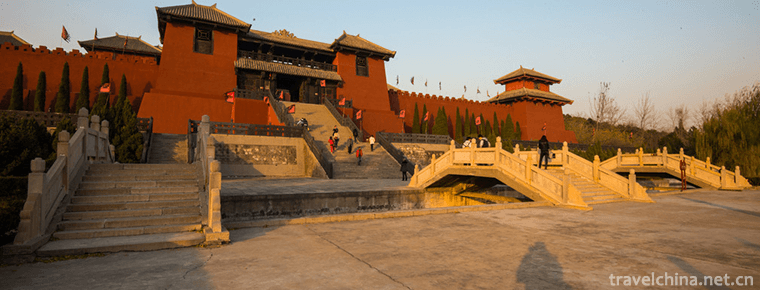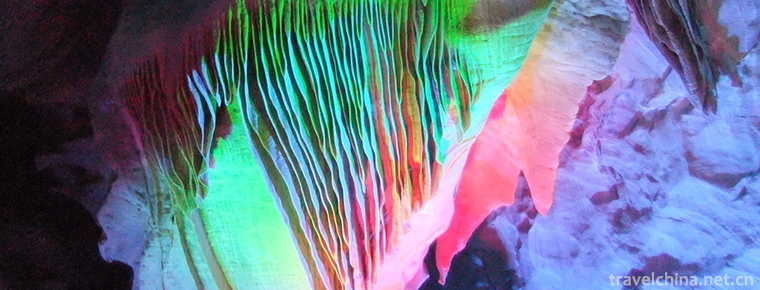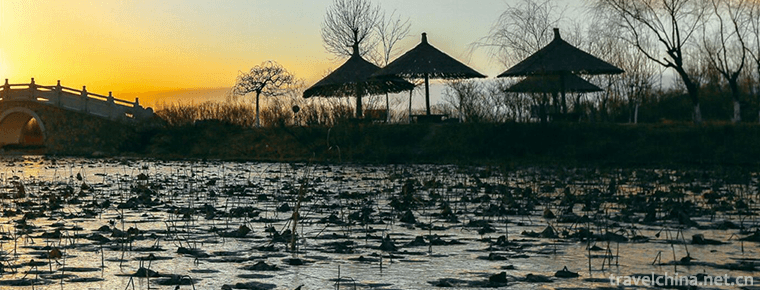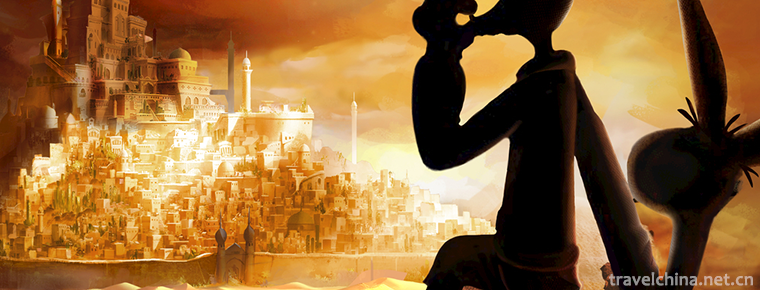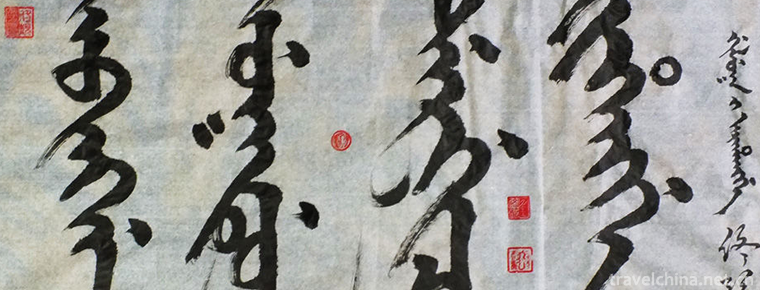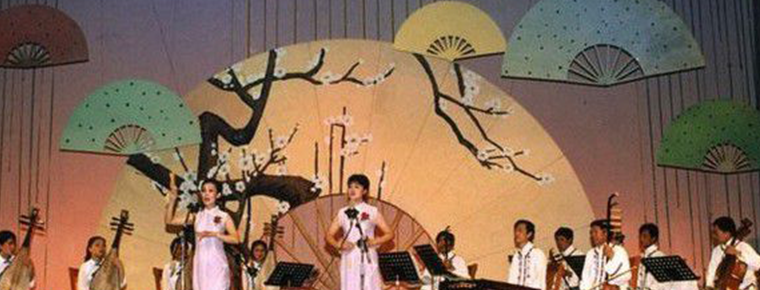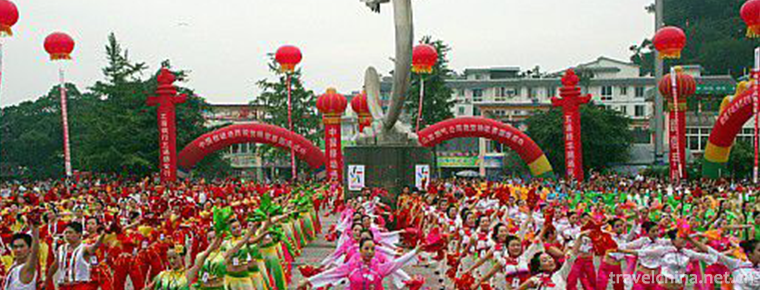Song and dance duet
Song and dance duet
Errentai is commonly known as Dual Items, two classes. Originated in Shanxi and growing up in Inner Mongolia, it is a traditional opera popular in the central and Western Inner Mongolia Autonomous Region and the northern areas of Shanxi, Shaanxi and Hebei provinces.
Because its repertoire mostly uses the form of one ugly once two people sing, so it is called Erren Tai. In the long-term development process, Errentai has gradually formed different artistic styles, with Huhhot in Inner Mongolia as the boundary, divided into East and west.
On May 20, 2006, Errentai was listed in the first batch of national intangible cultural heritage list with the approval of the State Council.
Development History
There are two opinions about the time and place of the formation of Errentai: one is that in the Qing Dynasty (1875-1908), it was in the Tumert Banner area of Western Inner Mongolia, and on the basis of the Mongolian and Han folk songs and the musical silk string sitting tone, it absorbed the traditional dance in the folk society fire, and created a performance form of singing and dancing once ugly, named "Mongolian Song"; the other is that it was named "Mongolian Song" by Xianfeng and Tongzhi Periods of the Qing Dynasty (1851-1874). ) Quyi meditation chamber is developed by combining dance movements such as kicking a leg in Yangko. Later, refugees fleeing from Shanxi spread to the west of Inner Mongolia, and absorbed Mongolian songs and grew up further. Errentai was originally just a form of masquerade performance for peasants to entertain themselves in their spare time. At the end of the Qing Dynasty and the beginning of the Republic of China, professional class societies began to emerge in Tumut, Inner Mongolia, with five to seven people in each class. The repertoire was gradually enriched and the performance was increasingly improved. It began to develop from performance singing to endorsement folk drama. During the War of Resistance Against Japanese Aggression, there were professional classes of Ertai on the East Road in Shangdu, Inner Mongolia and Zhangjiakou, Hebei Province, some of which had as many as a dozen members. Initially there is a line of business, in addition to the net, the end corner, but also developed other lines of business. The way of performance has broken through the form of "hat-wiping opera", with many people playing different roles on the same stage. At the same time, a small number of plays have also included martial arts. Music and singing are also innovative. In the past, most of them were dedicated to special songs. Later, according to the plot, with a variety of tunes. Some of the singing tunes develop to the slab style. Before the founding of the People's Republic of China, there were no actresses in the Eastern Road Errentai and the Western Road Errentai. As early as before the appearance of the professional class club, there were performances by Tummet on the same stage by Rong Shuangyang, an old banner artist, and his daughter-in-law, Ziyu, Mei, a daughter of Yue Stonemason, as well as Ding Xicai and his It was not until 1946 that Jizi Yucai became the first generation of professional female artists in Errentai by collecting female apprentices, Ban Yulian.
After the founding of the People's Republic of China, Errentai has developed vigorously. In Inner Mongolia Autonomous Region, Hequ, Yanggao and Datong of Shanxi Province, Zhangbei, Guyuan, Shangyi, Kangbao, Yulin and Fugu of Shaanxi Province, Errentai professional performing groups and Errentai Artistic School have been established successively. There are five professional theatre troupes in Western Inner Mongolia alone, with 26 Ulan Muqi troupes mainly performing Errentai mini-operas, and many amateur theatre troupes in other parts of the country.
Artistic characteristics
In the early stage, the performances of Er-ren-tai were relatively single. Once the characters were ugly, the costumes were simple, and the props were only handkerchiefs, folding fans and bully whips. Only flutes, four beards, Yangqin and four tiles (or bangs) are accompanied by musical instruments. Most of the songs sung are Wugeng, Four Seasons and December, such as "Red Cloud", "Ten Duanjin", "Ten Pairs of Flowers" and so on. The dancing figure is similar to that of Yangge. Most of them sing in the third person, with simple plot and few vivid characters.
After the Republic of China, with the outward spread of Erren's Opera, the artists carried out reforms and innovations in their performances, especially in drawing materials from folk songs and adapting them. For example, the original performance of "Walking to the West Pass" was performed in the form of a second-person duet, which was adapted into a first-person performance, adding plots and characters to it. With the rich content of the performance, its music, performance and costume have also been innovative. In the aspect of music singing, from the original monologue to the end, it has developed into a multi-track combination. There have also been simple board changes such as bright tune, adagio, flowing board, pinch board and so on. In terms of performance, according to the content of the repertoire, a "hot song" (also known as "whipping opera") with songs and dances, and a "hard code opera" with duet and workmanship have been formed. The dance programs of Errentai include "Big Round Field", "Big Half Moon", "Set Moon", "Wind Whirlwind Gate", "Inner and Outer Luocheng", "Drug Hulu", "Moving Gate", "Heaven and Earth Brand", "Big Cross", "Bee Pumping Melon" and so on. In addition, Danjiao also has a dance action called "flicker", that is, the right foot is different from the left leg, two arms draw an arc, body slightly sloping squat. Based on the dance steps of Yangko, it absorbs the figure of "sleeping fish" in Danjiao opera, which is rare in other operas. In the old days, there was a set of habits in the performance of two-person duet. Generally, the clown came on the stage and said "gutty mouth" (also known as "kilogram"), "gutty mouth" was a ready-made passage of the third person, which was freely chosen by the singer. Then through the way of question and answer (called "door to son"), Danjiao was called on stage to receive the main play. There are two types of acting in the main play. One is the performance of singing and dancing, commonly known as "hot music" or "whipping", such as "beating money" and so on, to win by Lyric singing and dancing. When dancing, folding fan two people together, overlord whip system clown special, sometimes dance double whip, divided into upper, middle and lower three sets, dancing like dragon pan pillar, up and down flies. Handkerchiefs are special for denier horns. In the early days of the founding of the People's Republic of China, Errentai once absorbed the traditional skills of handkerchiefs in Errenzhuan, changed handkerchiefs into octagonal ones, and developed into various "hands-on". No matter what kind of singing and dancing, it changes from slow to fast, forming a climax and stopping abruptly. Another kind of plot drama is mainly singing, commonly known as "hard code opera". Some of them take JUMP-in and jump-out performances, such as Walking West Pass, Downhill, Little Cattle, Swing and so on. This kind of performance is closer to life, but there are also some virtual and exaggerated actions. For example, Danjiao's temple touching, step-by-step, opening and closing the door; the appearance of the clown is equal. Lyrics, number boards, poems and "crosstalk" in Tao Bai all emphasize rhyming in the same way. Because they are completely in local dialects, they are different from those in Putonghua. It can be divided into twelve ruts: Middle East, Yiqi, Jiangyang, Ash Pile, Youqiu, Bossot, Chuanban, Pre-speech, Yao Tie, Fahua, Entry and Exit (Entry Voice) and Small Words (Little Person, Preface of Small Words). Language is easy to understand, vivid image, commonly used metaphorical techniques, the formation of tunes, singing, unique flavor. In terms of clothing, because the artists have a slightly better economic conditions, they have added some of the better-textured wardrobes. Although the art of Errentai has made great progress, as a drama, it still needs to be further improved to improve its artistic expression.

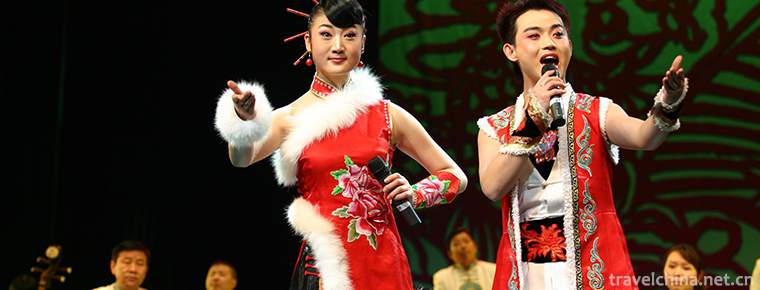
Song and dance duet
-
Shishi Sacred Heart Cathedral
Guangzhou Shishi Sacred Heart Cathedral is located in Yide Road
Views: 176 Time 2018-10-12 -
Pork intestine Noodles
Pork intestine Noodles are famous traditional snacks in Sichuan
Views: 239 Time 2018-10-12 -
Ching Bo Leung
The word "cool" in Hainan dialect can be pronounced as "Yin Shang Sheng", which is homonymous with the two words used as weight unit. It is the soup of old fire for clearing heat a
Views: 264 Time 2018-11-05 -
Heilongjiang Science and Technology Museum
Heilongjiang Science and Technology Museum is located in Sun Island Science and Technology Park of Harbin City, which is a ship-shaped building sailing
Views: 306 Time 2018-12-08 -
sanshui forest park
Sanshui Forest Park is located in the north suburb of the southwest town of Sanshui District, Foshan City, Guangdong Province.
Views: 176 Time 2018-12-18 -
Jiaozuo Film and Television City
Jiaozuo Film and Television City, located in Jiaozuo City, Henan Province, is a large-scale comprehensive tourist area with film and television shooting services as the main function
Views: 118 Time 2019-01-22 -
Baiyundong Tourist Area Kongshan
Baiyundong in Kongshan Mountain is a national key scenic spot, National Geological Park and national AAAA level scenic spot. Located in Lincheng County of Xingtai City
Views: 201 Time 2019-01-29 -
Mingcui Lake National Wetland Park
Yinchuan Mingcuihu National Wetland Park is located in Zhangzheng Town, Xingqing District, Yinchuan City, Ningxia. It is 9 kilometers away from Yinchuan City and 3 kilometers
Views: 184 Time 2019-02-07 -
Avanti
Avanti, also translated by the Albanian side, (Uygur "Mr." means, Arabic: Juha or Nazar Ding), is a person active in Islamic nationalities from Morocco in the west to Xinjiang in China.
Views: 177 Time 2019-03-28 -
Manchu calligraphy
Manchu calligraphy is a kind of calligraphy created by imitating Chinese seals in the Qing and Qianlong periods. In 1748 (the thirteenth year of Qianlong), Emperor Qianlong of Qing Dynasty ordered Fu
Views: 245 Time 2019-05-16 -
Traveling Books in Ningbo
Ningbo Walking Book, originally known as "Lotus Document" or "Plough Document", is one of the traditional local operas in Ningbo, Zhejiang Province. Sing in Ningbo dialect. Ningbo
Views: 226 Time 2019-06-08 -
Yangge Dance
Yangge is a popular and representative folk dance genre in China (mainly in the northern region). There are different appellations and styles in different regions. In folk, there are two kinds of appe
Views: 931 Time 2019-07-10
